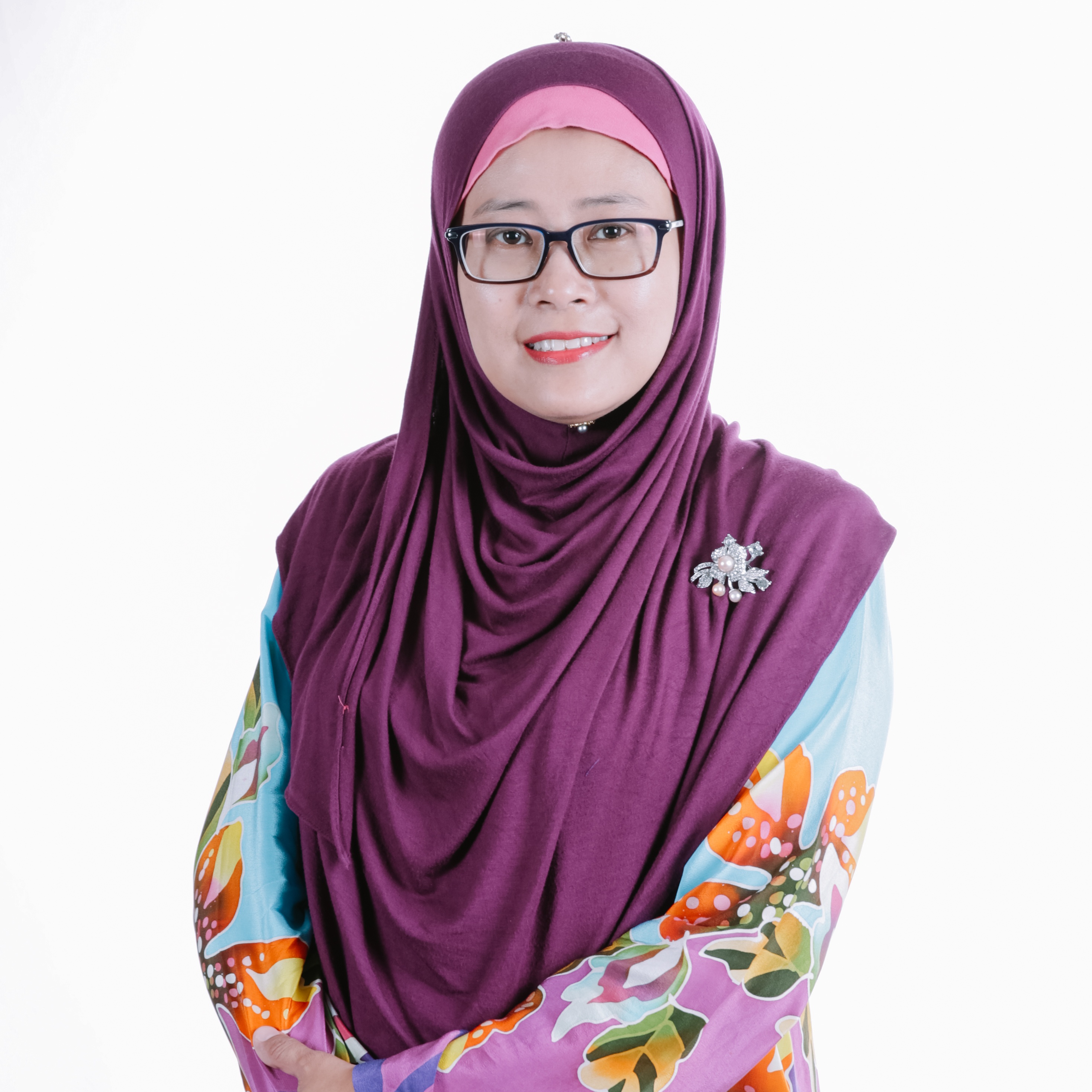FRGS 2014-1 (ongoing)
Are Academic Words Embedded and Given Sufficient Familiarity in the Malaysian English Language Secondary School Textbooks?
Executive summary:
Preliminary investigation on the English language secondary school syllabus to check on the availability of the indispensable academic vocabulary suggests a clear problem with regard to vocabulary learning – possible negligence on the teaching-learning of these words, because of the 1,316 words listed in the syllabus word lists, only 7 are academic words! However, since the syllabus is merely a ‘map’ to the entire English language curriculum, there is therefore a need to investigate a more valid learning resource – the current Malaysian secondary school English textbooks. The research objectives, thus, are: (1) to investigate whether these words are actually embedded into the textbooks, (2) how frequent are these words occurrence in the textbooks, and (3) whether they are defined at all by the textbook writers. The researchers will scan current secondary 1-5 English textbooks and then run all the textbook pages into Range (Nation, 2005), which separates common words from academic words. Although there are statements made in the syllabus indirectly indicating that they also cater to the students’ learning of academic words, the target words listed in the syllabus’ word lists, however, suggest that they are meant chiefly for the teaching-learning of common words. Based on the initial investigation done on the syllabus, the expected outcome of this study therefore may reveal a possible neglect in the teaching-learning of these indispensable academic words. The value of this research would therefore lie in the researchers’ discovery of a teaching-learning gap – possible neglect in students’ future education academic vocabulary needs. Clearly, this research will establish a significant case – that all the stakeholders of the secondary school education must also be aware of the fact that besides common, general vocabulary, they must also develop in the students their future academic vocabulary needs.
(Ref: FRGS/1/2014/SSI01/UTM/02/4)

